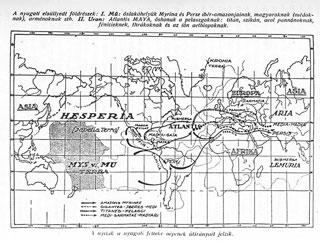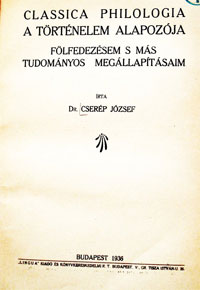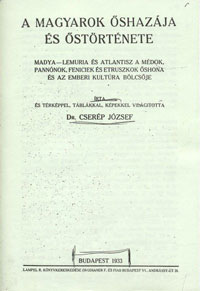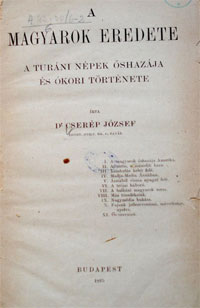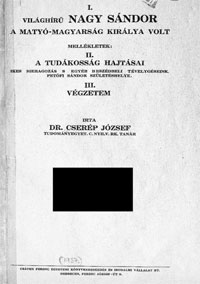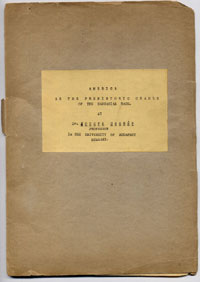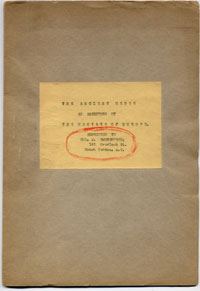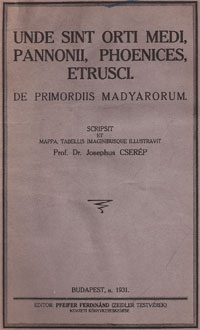 |
|||||||||||||||||||||||||||||||||||||||||
|---|---|---|---|---|---|---|---|---|---|---|---|---|---|---|---|---|---|---|---|---|---|---|---|---|---|---|---|---|---|---|---|---|---|---|---|---|---|---|---|---|---|
| My-Mu.com Blog | My-Mu.com Guest Blog | Podcast | |||||||||||||||||||||||||||||||||||||||
| Home | About My-Mu | Resources | Book Store | Interactive Media | Links | ||||||||||||||||||||||||||||||||||||
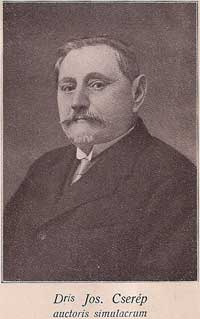 |
Dr. Cserep corresponded with James Churchward in the 1920s. Letters translated from the Magyar language from August 1928 (America as the Prehistoric Cradle of the Caucasian Race) and March 1929 (Ancient Medes as Ancestors of the Magyars of Europe) are available in the My-Mu.com Bookstore. | ||||||||||||||||||||||||||||||||||||||||
From "America as the Prehistoric Cradle of the Caucasian Race (page 28)" The classical traditions of antiquity, however, did not allow us any clear conception about the Skytha origin of the Huns, who were nomads and in other respects were rather similar to the ALANS, but with regard to morality and methods of life were inferior to them. (See Ammianus Marcellinus XXI,20,21) From "America as the Prehistoric Cradle of the Caucasian Race (page 30)" After the destruction of their empire in the VI. Century B.C. the Mede people migrated to the plains between the rivers Don and Volga, certainly with the aim of saving themselves from the total destruction by the victorious Skytha-Persians.- There they lived under the names of MAGYAR and SARMATA during several centuries, until the pression from beyond the Volga river, suffered from the OUIGHUR-HUN-TURK tribes, compelled them to migrate toward West and Southwest and ultimately about the year of 886 immigrated to the present days' Hungary, where they met the other branch of the prehistoric Madya people, the PAIONS or Pannons who lived there already for 1600 years together with the brother tribes of MESSIANI, like the chronicles called the Myz-Meron people, the SZEKELY people of Transsylvania and the EMATHIAN (=Matyo) people which lived on the Balkan already in the neighborhood of the Paions. | |||||||||||||||||||||||||||||||||||||||||
